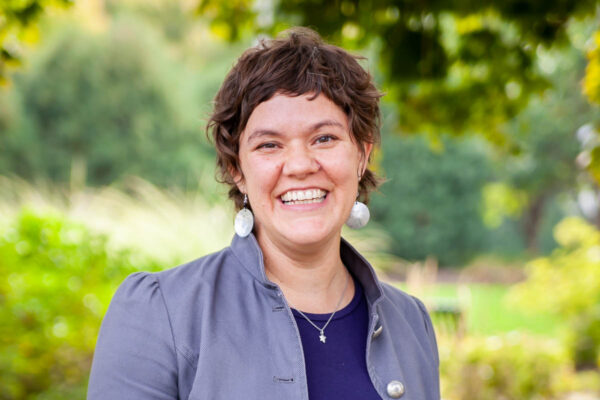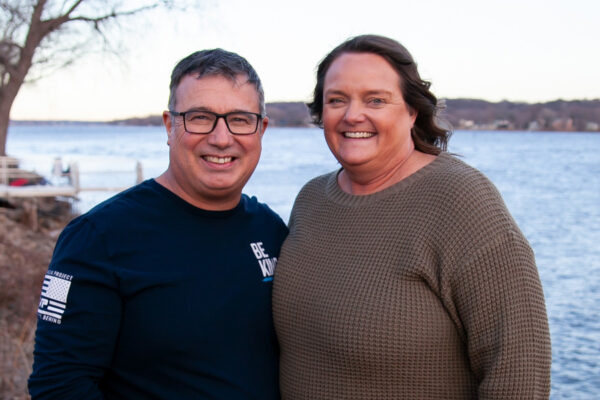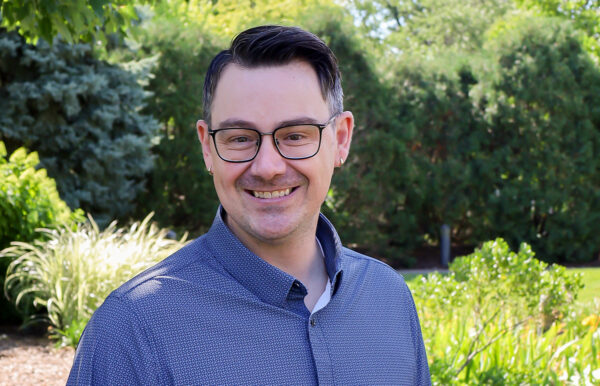Regular check-ups

A recent news story said that women are now advised to have mammograms regularly beginning at age 40 or 45, not at 50, as previously had been the guideline. At my recent annual physical, my doctor noted that a scan for aortic aneurysm is recommended for any man who has smoked more than 100 cigarettes in his life. The fact that I was at my doctor’s at all for that annual physical is attributable to the evidence that shows annual check-ups can extend life expectancy. They lead to better outcomes when certain diseases are detected before symptoms appear. Our bodies, our cars, our furnaces, our roofs – so many things in our lives get regular check-ups and benefit from them.
I’m sure it’s clear already where this is going. Of course, our spiritual lives would also benefit from regular check-ups. That seems almost mundane, especially from a pastor.
What may not be so mundane is how we take our spiritual temperature, or evaluate our spiritual blood pressure, or look for a new or changed mole on our spirits. Just what would that regular check-up look like?
I’m not sure that it’s about how often we pray or attend church services. Nor is it about how much we give to the church or whether we can honestly say we haven’t doubted God in a while. All those things are worthwhile and may give some indication of our spiritual well-being, but what we intentionally do is only part of the story.
In the Heart.Soul.Mind Bible study this spring, a few dozen of us have been reading through all the letters of the apostle Paul to the half-dozen or so communities with which he was engaged. For Paul and his communities, the measure of spiritual health could be taken by noticing how much time they spent worrying about their own problems and frustrations, their “flesh,” as Paul calls it, and how much time they spent focused on supporting others in the community in their suffering and distress.
Isn’t that about what they were “doing,” you might ask. In a sense, yes; but in a more important sense, no. Paul’s point was that it wasn’t the doing or the not-doing, but the spirit behind it.
If we do anything because we are anxious about our own survival and relationship with God and ultimate salvation, then we are consumed by “the flesh,” which can only ever end in death. If we live in the good news that God has our survival and relationship and salvation already well in hand, and gives them all to us as a gift, then we’re freed from “the flesh” to live in “the spirit.”
That is the spirit of Jesus Christ, who lived so fully in the relationship God had created with him that he could move through betrayal and unjust condemnation and even crucifixion without turning the focus on his own suffering. Rather, he kept his focus on others – a governor about to condemn him, a thief crucified alongside him, his own mother and a disciple at the foot of his cross. The power of the relationship God gave him, in the end, raised Jesus from the dead and showed that it is more powerful even than death.
It’s not about what we do. It’s not even about what we believe. It’s about our unconscious posture in life – stood up by God and turned to the world for the sake of the gospel, or hunched over in anxiety and turned in on our own worries. It’s worth a regular check-up – for God’s sake.





Julio Rose
As the apostle Paul emphasized, it’s about the spirit behind our actions and our posture in life. Are we consumed by anxiety and self-focus, or are we living in the freedom of God’s grace and extending care to others? Our spiritual health is nurtured when we live in a deep relationship with God and embody the spirit of Jesus Christ, focusing on serving and supporting others.
Georgeann Kreiter
‘ you are in my thoughts and prayers. hope you recover quickly without too much pain. Love from both of us.
Marcia Willi
What a timely topic for me having just gone through my CA surgery ; with God by my side strengthening me the entire way